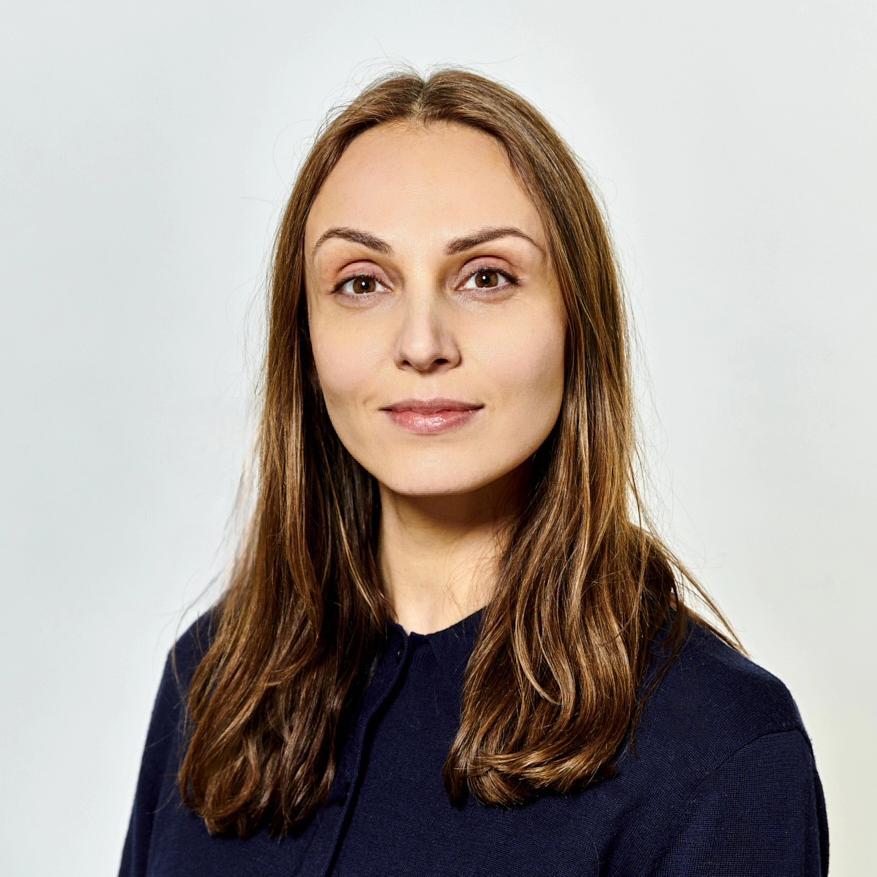Staff profile
Dr Emilija Zabiliute
Career Development Fellow

| Affiliation |
|---|
| Career Development Fellow in the Department of Anthropology |
Biography
Publications
Peer-reviewed journal articles, special issues and book chapters
“Ethics of Neighborly Intimacy among Community Health Activists in Delhi” Medical Anthropology 40:1, 20-34, 2021.
“‘Cards Are a Show off’: Aesthetics of Cashlessness and Intermediation among Urban Poor in Delhi” in Who’s Cashing In? Contemporary Perspectives on New Monies and Global Cashlessness, Edited by Atreyee Sen, Johan Lindquist, and Marie Kolling, Critical Interventions Series, New York, Oxford: Berghahn Books, 2020.
“Claiming Status and Contesting Sexual Violence and Harassment among Community Healthcare Workers in Delhi” Gender, Place and Culture 27:1, 52-68, 2020.
“Introduction: Encountering Sexual Violence in the Indian City” with Atreyee Sen and Raminder Kaur. Gender, Place and Culture 27:1, 1-12, 2020.
“Wandering in a Mall: Aspirations and Family among Urban Poor Young Men in Delhi”, Contemporary South Asia 24:2. 2016.
“Reconstructing Caste: Post-colonialism, Transnational Activism and Dalit Human Rights”, Acta Orientalia Vilnensia 11:2. 2012.
Academic reviews, commentaries and blog articles
[Academic blog article] “Infrastructures of inequality: Caring tweets, public health and COVID-19 in Delhi”, in Somatosphere, December 2021, Available at: http://somatosphere.net/2021/infrastructures-inequality-social-media-covid-delhi.html/
[Book symposium contribution] “Ordinary ethics and shadows of moralism”. Veena Das 2020, Textures of The Ordinary. Doing Anthropology after Wittgenstein. New York: Fordham University Press. in Conflict and Society 7:1, 2021.
[Book review] “Lesley Jo Weaver. Sugar and Tension. Diabetes and Gender in Modern India”. The Asia Pacific Journal of Anthropology 20:4. 2019.
[Book review] “Sarah Pinto, Daughters of Parvati. Women and Madness in Contemporary India”, South Asia: Journal of South Asian Studies 38:3. 2015.
“Notes from the field: Delhi Assembly elections, daru and politisation of violence against women”, Feminist Review 107:1. 2014.
Public Dissemination
[podcast, invited radio programme]. 'Homo cultus. Ten ir atgal. Kaip atrodo gyvenimas skurdžiausiuose Indijos miestų rajonuose? Pokalbis su Emilija Zabiliūte' [Homo Cultures. There and back. How does an ordinary life in India's urban poor neighbourhoods look like?'], LRT.lt [Lithuanian National Radio and Television Broadcaster].Available at: Podcast.
“India: Why Social Context and Family Relationships Are Important in Diabetes Care”. The Wire.in Science 12 09 2021. Available at: Article .
“Darsyk apie socialinių mokslų žinių visuomeninę ir ekonominę vertę [Economic and Societal Value of Social Science Knowledge”, with Indrė Balčaitė. LRT.lt 28 07 2021 [Lithuanian National Radio and Television News Site]. Available at: Artcile.
Research Profile
Public healthcare among India’s urban poor
My principal research interests are public health, everyday life and care relationships among urban poor in a neighbourhood in Delhi’s peri-urban margins. I explore the entanglement of public healthcare and community health, and intimate relationships among kin and neighbours in the context of chronic poverty.
This project examines everyday lives, care and illness in a neighbourhood in Delhi’s peri-urban margins. I explore how neighbourly, family and kin relations underscore everyday vulnerabilities and public healthcare encounters among the poor. By tracing India’s public healthcare move to incorporate community health into the heart of its public healthcare provision, I examine healthcare publics, its reconfigurations and its limits. I suggest that the public health transformation reinvents the publics of an Indian healthcare provision that nevertheless continues India’s long-standing historical preoccupation with family planning and birth control. I examine how public healthcare imagines a gendered, relational and vulnerable subject position for urban poor women.
Living with diabetes in Delhi, India
My other research strand examines care among persons and families with diabetes in Delhi, India. Situated outside of clinical settings, the project seeks to examine care as relational and kin – practice and to understand how chronic illness experience in everyday life is constituted by relational ethical dilemmas, temporalities and moral striving. The project sets out in both, urban poor and middle-class settings, and examines ethical worlds of care under diverse conditions, where stakes of care and illness intersect with other forms of vulnerabilities, aspirations and moral self-making.
Everyday economies in Delhi, India
My other research interest is how everyday economies of kin and community relationships among urban poor in Delhi, India. I am interested in how diverse forms of payments, moneys and financial commitments intersect with relationalities and care in everyday life. This inquiry is part of a larger project which examines how urban poor across the world participate in transitions towards cashless economies, and how they subvert its meanings and uses through everyday economies, labour and entrepreneurship.
Publications
Journal Article
- Care without heart: kinship, chronic illness, and the emotion of care in DelhiZabiliūtė, E. (2023). Care without heart: kinship, chronic illness, and the emotion of care in Delhi. Anthropology and Medicine, 30(3), 230-245. https://doi.org/10.1080/13648470.2023.2245308
- Relational chronicities: kinship, care, and ethics of responsibility.Zabiliūtė, E., & McNeilly, H. (2023). Relational chronicities: kinship, care, and ethics of responsibility. Anthropology and Medicine, 30(3), 171-183. https://doi.org/10.1080/13648470.2023.2255771

